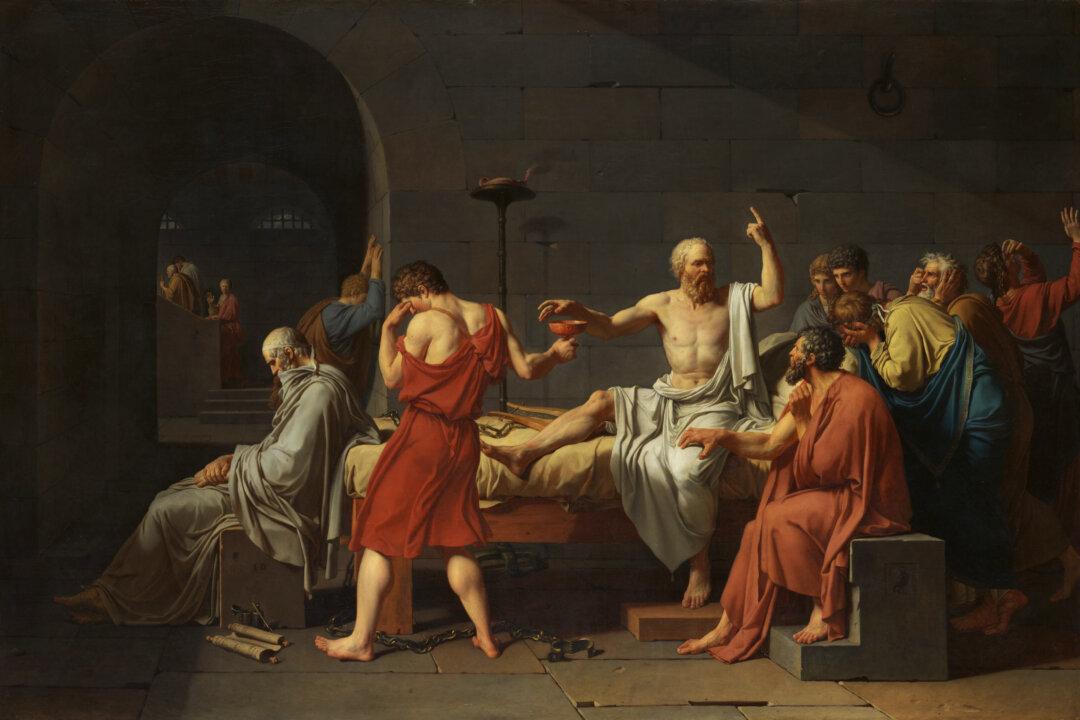In his essay “Go Gentle,” Ebert suggests an indifferent approach towards death, portraying life as inconsequential to him, as if he lived without purpose before being born and would continue doing so after his death.

His perspective is influenced by good fortune, which seems to make him fearless about his mortality.
The perception of one’s financial status plays a significant role in how an individual views life and death.
A poor person might not dread losing what they do not have, while a wealthy individual may be scared of losing their abundance.

It is the billionaire, not the beggar, who dreads dying with nothing left to show for his life.
The value placed on life decides how one will part with it.
Although death is inevitable, refusing to accept it meekly signifies a desire for more life and an acceptance of the responsibilities that come along with living.

To “go gentle” would mean to admit that less life or no chance for someone else to live wouldn’t matter.
Ebert claims he does not fear death, as there is nothing on the other side worth dreading.
However, those who truly love and value life tend to be fearful of their own mortality or the loss of another’s life, as they understand what they or others are being denied.

We may live long enough to uncover some truths but not all of them, leading one to wonder if these undiscovered truths exist at all.
Ebert’s discoveries late in life suggest that he may have found more truths had he lived longer, indicating that it is not us who discover truth, but rather truth that reveals itself to us through our experiences, both positive and negative.
Ebert’s perspective on empathy reflects the need for genuine understanding of others, instead of mere surface-level agreement with their beliefs or actions.
The lives of good people are well-lived not because they did everything right but because they chose to act, regardless of the outcome.
This aligns with Thomas’s defiance in “Do Not Go Gentle into That Good Night,” urging individuals to “rage against the dying of the light.
Ebert’s essay parallels Thomas’s poem in their exploration of death and dying; however, both focus primarily on life and living.
Both the poem and the essay challenge us to consider our perspectives on life, death, and what it truly means to live a meaningful existence.
